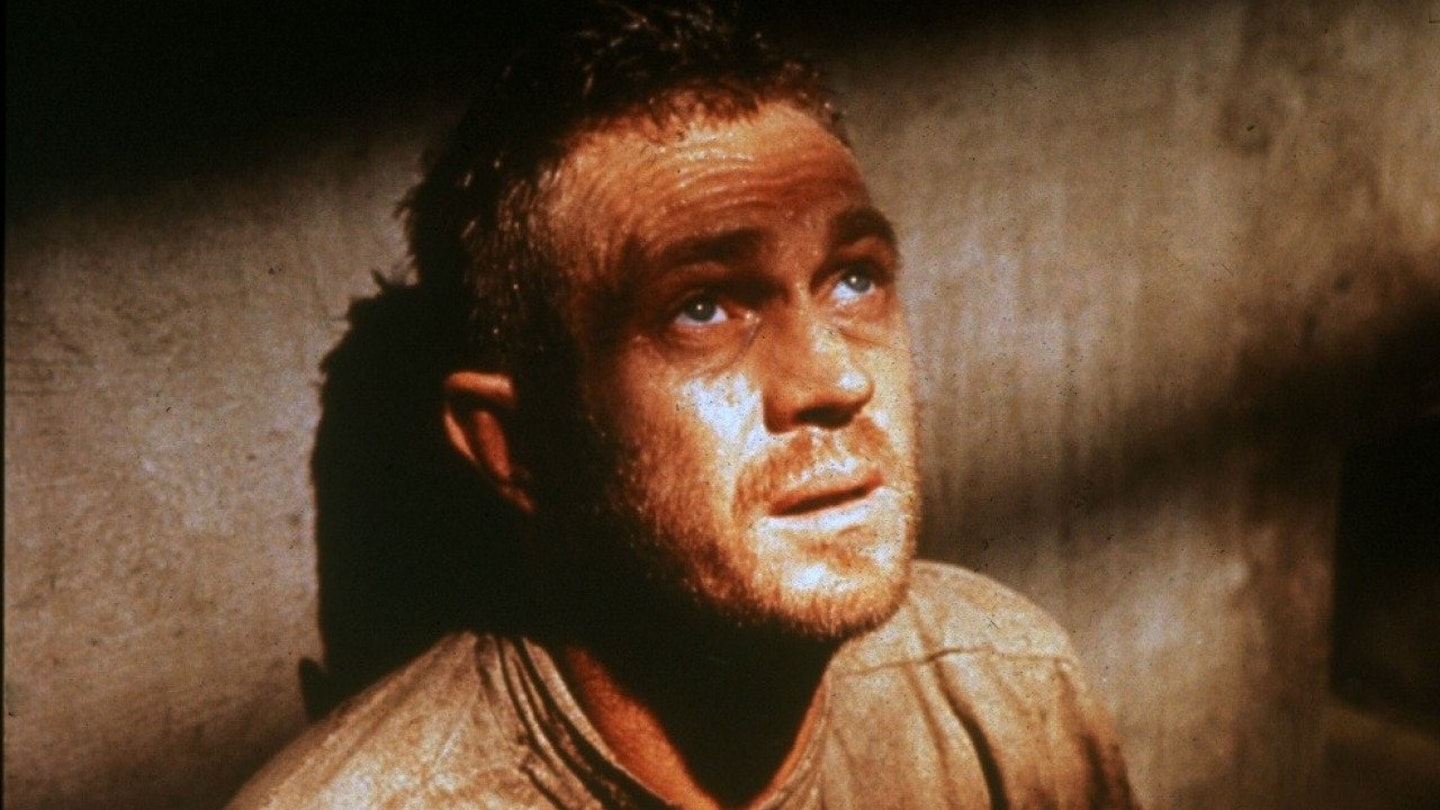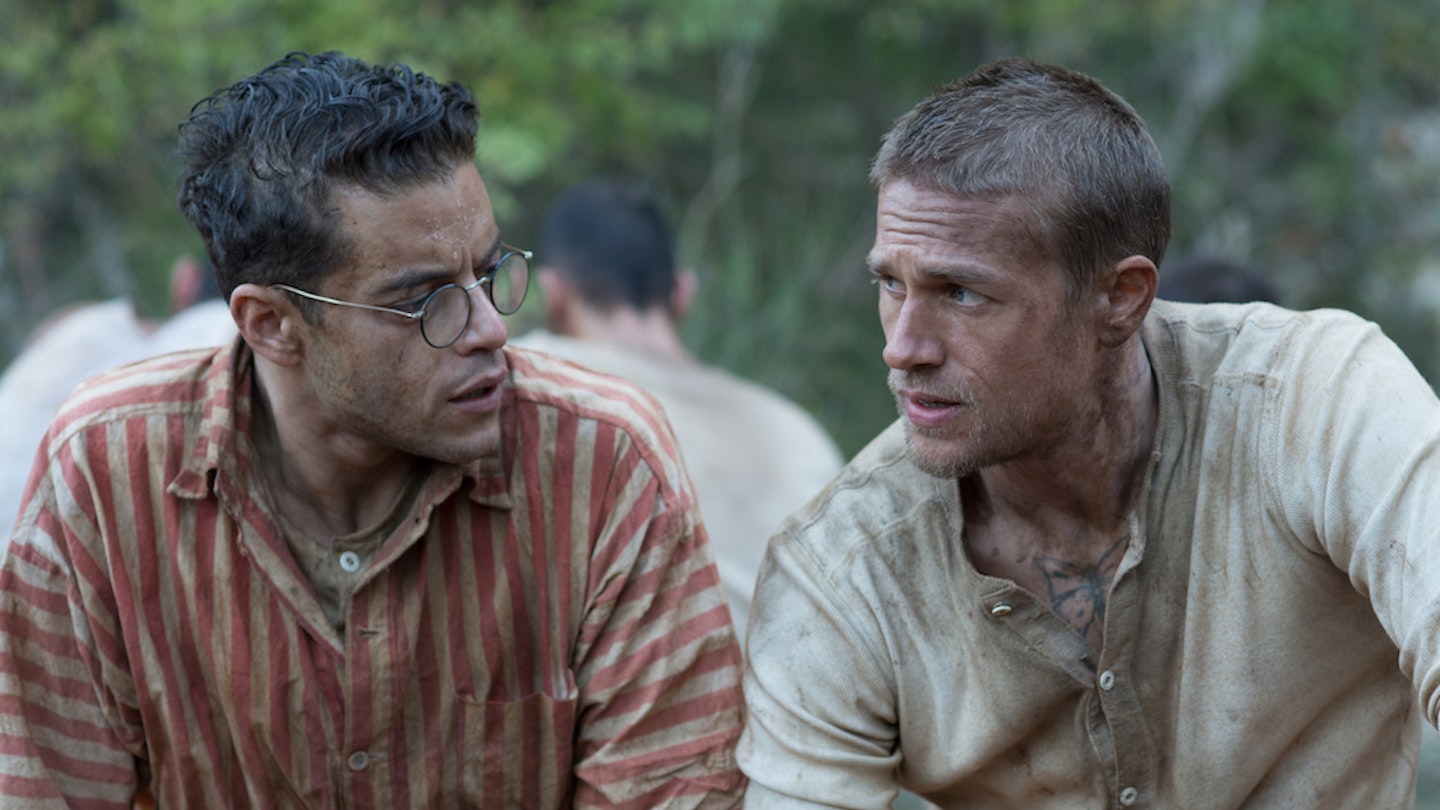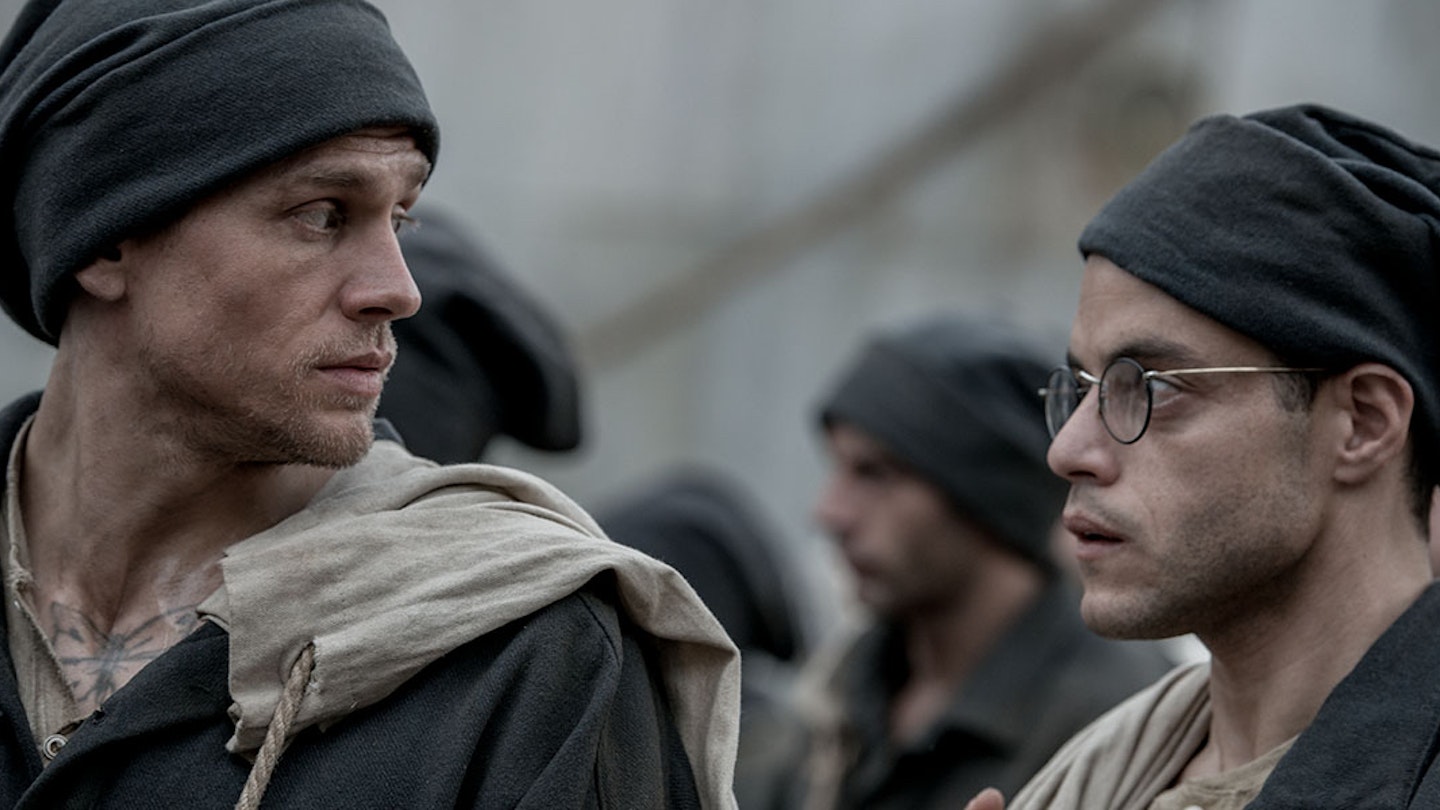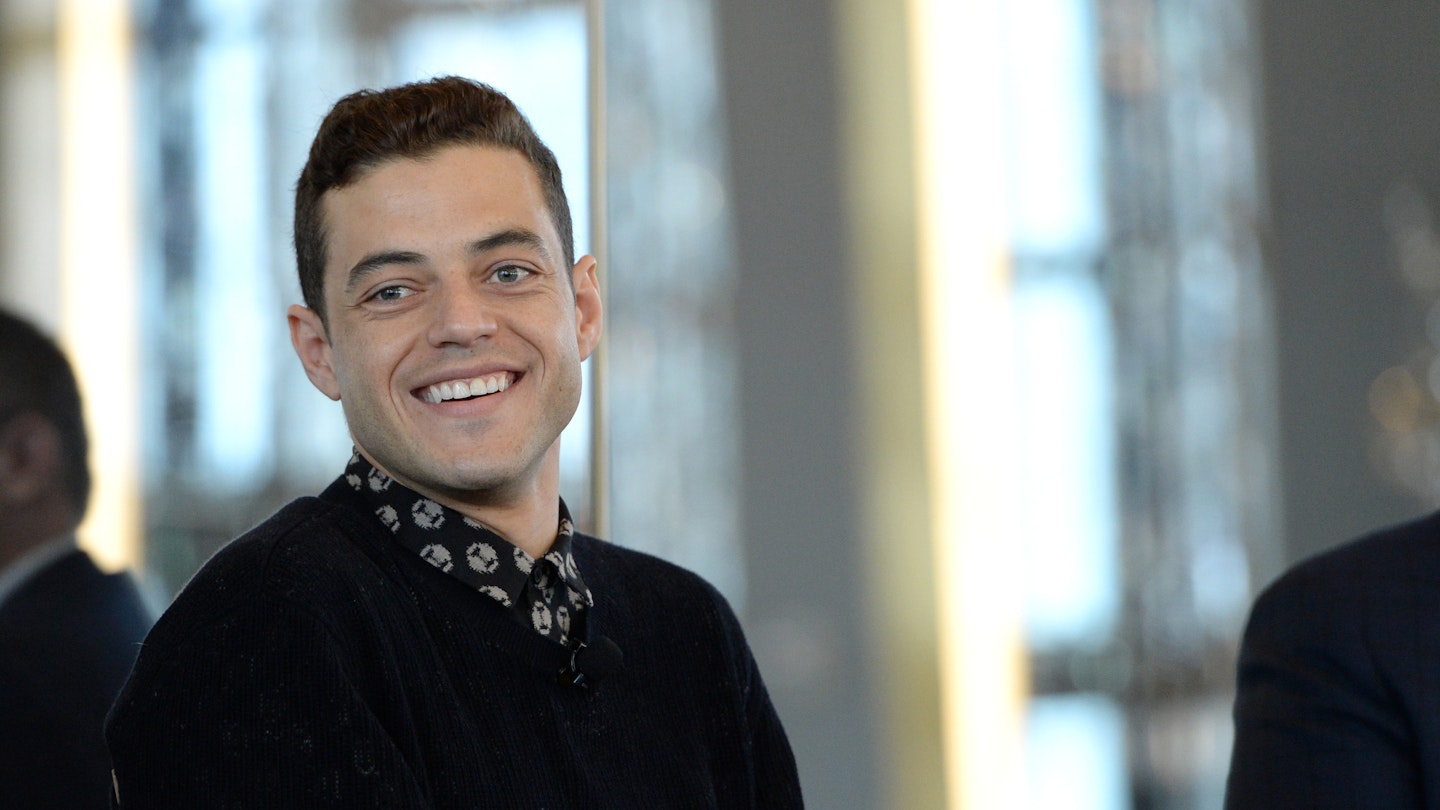Working firmly against his gritty-cool iconography, Steve McQueen shears off his blonde locks and paints his teeth a revolting grey colour to play the enigmatic Papillion, the butterfly man who repeatedly attempts to escape his cruel imprisonment from an island penal colony. It’s one of those purely dramatic roles that stars hanker for all their careers, and never quite turn out the revelation they’d hoped for. Not that Papillion is a bad film, it’s beautifully shot, horrifying in its grim pestilent setting, and the docu-candidness of its telling, and there’s no doubting the determined performance from the leading man. But his co-star, Dustin Hoffman, as a bottle-spectacled counterfeiter, darts agitatedly about the screen, flirting with madness, always alive in the way McQueen is too enigmatic and haunted, spending much of his time squinting at the sun.
There is an interesting dimension in having once blacklisted screenwriter Dalton Trumbo adapt Charriere’s biography, he even turns up in a swift cameo as a camp commandant. And while his script constantly reaches for poetic symbolism, director Franklin J. Schaffner wants to rub our faces in the gruelling hardships of what ostensibly he is portraying as Hell (it is after all dubbed “Devil’s Island” and is a leper colony). It’s an exhausting experience, enduring such relentless and vivid cruelty, and the thwarted and repressed agonies of Papillon’s various escape attempts.
The film is at its best in the lead’s relationship, softly hinted as homoerotic, but more about mutual necessity. Hoffman’s Louis Dega is a hunted man, even here in capture, a master-counterfeiter who still has money concealed about his very person, who needs protection. Papillion, in turn, will get the finance for his escapes. But overall the film has taken the notion of a prison sentence a little too literally.



